IMM Romania, a nationally representative employers' confederation, considers it essential that measures to support entrepreneurs be introduced within the II Reform Package, given that within the I Package, taxation for the business environment was increased, with no support measures being taken for this sector.
According to a press release from the organization, transmitted to AGERPRES, in terms of debureaucratization, IMM Romania proposes eliminating CAEN codes from the articles of incorporation and the registration certificate, with the aim of simplifying the process, using the codes only for statistical purposes and not for authorization, thus avoiding blockages of current activity, limiting access to financing and erroneous statistical reporting.
The organization also considers eliminating declarations whose information is already found in D406 (SAF-T) for all companies for which its submission has become mandatory, in the vast majority from January 1, 2025, and unifying the registration procedure in the SPV with the registration procedure regarding the submission of tax returns.
"Currently, access to the SPV is registered separately by creating an account on the platform and the right to file a declaration by submitting the physical form 150 to ANAF. The digitalization done with papers submitted physically is counterproductive; the procedures should be modified at the level of all ANAF structures in the country to give any person the possibility to enroll in the SPV for a company as an administrator or authorized representative and to choose whether to submit their tax declarations with their electronic signature (based on the position in the statute or the power of attorney and the form 150 submitted online, not physically) through a procedure carried out only online, simple and clear, with the upload of a short and well-determined list of documents", claim the representatives of IMM Romania.
Regarding simplification, the employers' organization supports the possibility of offsetting sick leave to be recovered from the FNUASS with the contribution due to the CAM, in order to simplify the process of recovering these amounts that companies are deprived of for long periods of time, blocking at the same time a lot of civil servants with checks that sometimes last for years. Eliminating from the text of the law - "depending on the approved budget" and limiting excessive checks (elements related to the stamp, data erroneously transmitted by the taxpayer, instead of being taken over correctly and directly from the institutions' databases) are other proposals of IMM Romania.
At the same time, the confederation supports the creation of protocols between institutions and interconnections of databases, so that no institution can demand from a company documents or information that another institution already holds (to recover the CM, the health insurance company requests a file with a copy of the CM already held from the doctor who registered it in the system at the time of issuance, and information already declared in D112 to ANAF; the insured status is given by the existence of an active CIM in Revisal, but the Health Insurance Company is guided by the information delayed by more than a month provided by D112, submitted after the 25th of the month following employment/termination of the contract; other institutions request the provision of tax attestation certificates (ex OIR) instead of requesting them directly from the competent authorities).
Other requests include: eliminating the cap on the commercial mark-up on basic foods (prices must be set based on supply and demand); amending the legislation so that collection responsibilities fall to a single collective management body in the field; unifying the entities that request and collect various forms of copyright, digitizing the payment process in a single platform (it is difficult for users to manage payment obligations, especially since there is no transparent collection and no public record of the obligations that restaurants have towards these entities).
The measures envisaged in the area of micro-enterprises aim at the possibility of returning to the tax on micro-enterprise income when the economic conditions are met again; the elimination of restrictions imposed on the deductibility of expenses, to stimulate consumption (e.g. elimination of ceilings for the deduction of car depreciation, deduction of expenses and VAT on fuel, car maintenance, possibility of accelerated tax depreciation for production assets); the elimination of the condition of losing the quality of micro-enterprise in case the company has a single employee who is on sick leave for a period of more than 30 days, or 2 sick leaves in a year; the elimination of additional taxation of part-time contracts.
According to the cited source, in the Digitalization chapter, the proposals of IMM Romania are related to the completion of the digitalization of ANAF and tourist circulation on the territory of Romania. Thus, it is important to connect fiscal scoring with priority access to grants, VAT refunds and penalty reductions and to grant a "fiscal compliance certificate" in digital format (QR code) visible on all issued invoices.
Regarding the digitalization of tourist circulation on the territory of Romania, the organization proposes "the urgent adoption of amendments to GD 237/2001 (on access, registration and protection of tourists), the digital platform built and tested by ICI-MAI, with test application until the end of 2025 and mandatory from January 1, 2026 for all accommodation service providers".
In Tourism/HoReCa, IMM Romania recommends the transparent and fair regulation of short-term rental activities (STR) and the strategic support of Incoming tourism - National Priority, by: maintaining the reduced VAT rate for Incoming tourism, urgent approval of participation in international tourism fairs in the second semester of 2025; creating a functional legislative framework for the operationalization of Destination Management Organizations (DMOs) on 3 levels (local, county, national); consolidating the holiday voucher system; reintroducing the optional flat-rate system for VAT in HoReCa, maintaining it at 11% with a prospect of decreasing it to 9% for the development of national tourist services.
In the Energy sector, the employers' organization requests the implementation of the energy community mechanism for the SME sector as soon as possible (energy communities can be a solution for SMEs in Romania, offering access to renewable energy, reduced costs and energy independence, bringing the following benefits). Thus, the proposals aim to: adapt to real needs the way of trading electricity within bilateral contracts through direct producer-consumer transactions that can ensure a real adjustment of the cost of electricity; reduce the settlement period of payment and reimbursement requests within the European programs run by the Ministry of Energy (there are validated requests from January 2025 that have not been settled); launch financing programs for the implementation of energy efficiency and decarbonization measures.
Also, IMM Romania proposes the establishment of the Energy Hub on the Magurele platform, to support applied research and achieve technological transfer that can ensure the reduction of the carbon footprint and the correlation of the secondary legislation developed by ANRE with the financing programs carried out by the ministry (e.g. the possibility of capitalizing on the electricity produced and delivered to the National Electricity System during the trial period for production capacities with a maximum Pi of 1 MW).
Last but not least, in the field of Transport, the organization proposes the inclusion of a specific measure to support private transport operators in the acquisition of zero-emission buses, with dedicated allocations, transparent criteria and a non-discriminatory approach, in line with practices in other European countries and the integration of Incoterms delivery conditions in the RO e-Transport system.

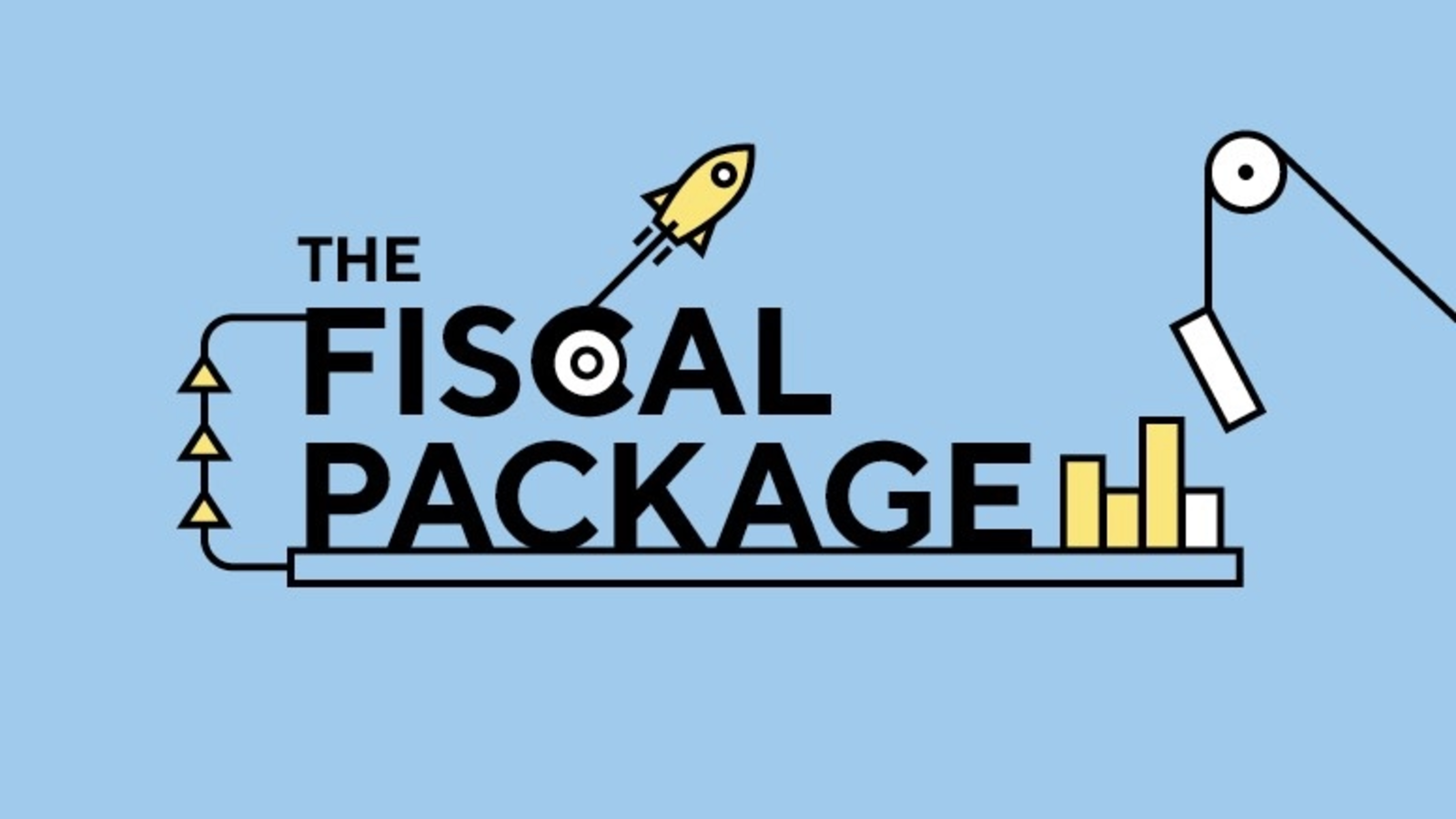






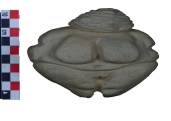


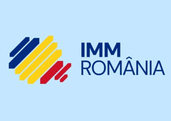


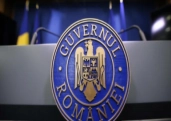

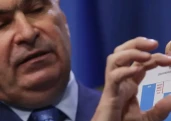












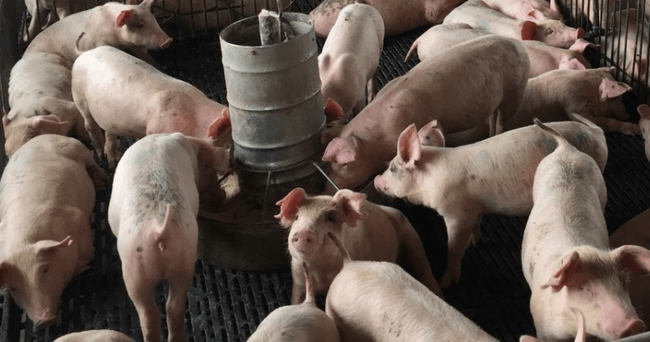


Comentează